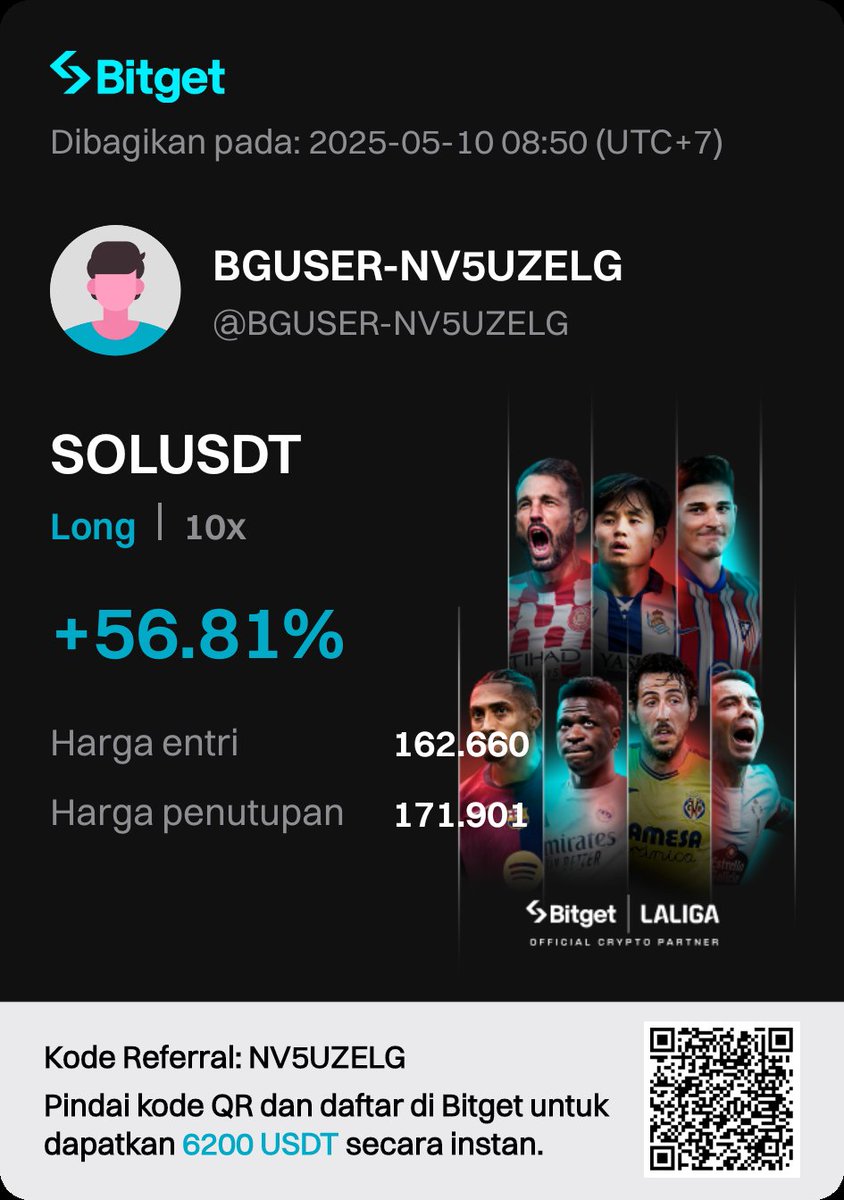The Rise of AI: How Artificial Intelligence is Reshaping Our World
Introduction: The AI Revolution is Here
We’re living through one of the most transformative technological shifts in human history. Artificial Intelligence has moved from science fiction to everyday reality—powering our smartphones, revolutionizing industries, and even creating art. But what does this mean for our future?
From self-driving cars to AI-generated music, the applications seem limitless. Yet with great power comes great responsibility. As AI systems grow more sophisticated, they raise profound questions about ethics, job displacement, and even what it means to be human.
Let’s explore how AI is changing the game—and what we should expect next.
—
The Current State of AI
Machine Learning & Deep Learning Breakthroughs
AI isn’t just about robots anymore. Modern AI thrives on machine learning (ML) and deep learning, where algorithms learn from vast datasets to make predictions, recognize patterns, and even generate new content.
– Generative AI (like ChatGPT, MidJourney) can now write essays, compose music, and design graphics.
– Predictive AI helps businesses forecast sales, detect fraud, and personalize recommendations.
– Reinforcement learning powers autonomous systems, from warehouse robots to advanced game-playing AIs like DeepMind’s AlphaGo.
AI in Everyday Life
You interact with AI more than you realize:
– Voice assistants (Siri, Alexa)
– Recommendation engines (Netflix, Spotify, Amazon)
– Smart home devices (thermostats, security cameras)
AI is no longer a luxury—it’s embedded in our daily routines.
—
The Industries Being Transformed
1. Healthcare: AI as a Lifesaver
– Diagnosis & treatment: AI analyzes medical images (X-rays, MRIs) faster and often more accurately than humans.
– Drug discovery: AI models can predict molecular interactions, speeding up pharmaceutical research.
– Personalized medicine: AI tailors treatments based on genetic data.
2. Finance: Smarter, Faster, More Secure
– Fraud detection: AI spots unusual transactions in real time.
– Algorithmic trading: AI-driven hedge funds outperform human traders.
– Customer service: Chatbots handle banking inquiries 24/7.
3. Transportation: The Road to Autonomy
– Self-driving cars: Tesla, Waymo, and others are inching toward full autonomy.
– Traffic optimization: AI reduces congestion in smart cities.
– Drone deliveries: Companies like Amazon and Zipline use AI for logistics.
4. Creative Industries: AI as an Artist?
– Music & art: AI tools like OpenAI’s Jukebox and DALL·E generate original compositions and artwork.
– Writing & journalism: AI can draft articles, scripts, and even poetry.
– Film & gaming: AI assists in animation, voice synthesis, and procedural content generation.
—
The Ethical Dilemmas
1. Job Displacement vs. Job Creation
– Threat: AI could automate 40% of jobs in the next 15 years (McKinsey).
– Opportunity: New roles (AI trainers, ethicists, maintenance specialists) will emerge.
2. Bias & Fairness
– AI learns from data—if that data is biased, AI will be too (e.g., facial recognition errors for darker skin tones).
– Companies must ensure transparency and diverse training datasets.
3. Privacy Concerns
– AI-powered surveillance (China’s social credit system, predictive policing) raises Orwellian fears.
– How much personal data should AI have access to?
4. The Existential Risk Debate
– Elon Musk & others warn: Superintelligent AI could become uncontrollable.
– Counterargument: AI is a tool—its impact depends on how we use it.
—
The Future of AI
1. Artificial General Intelligence (AGI)
Today’s AI is narrow AI (good at specific tasks). The next frontier is AGI—AI that thinks like a human, with reasoning, creativity, and adaptability.
– When will it happen? Predictions range from 2030 to never.
– Implications: AGI could solve global problems (climate change, disease) or pose unprecedented risks.
2. AI & Human Collaboration
– Augmented intelligence: AI as a partner, not a replacement (e.g., doctors using AI for diagnosis).
– Brain-computer interfaces: Neuralink and others aim to merge AI with human cognition.
3. Regulation & Governance
– Governments are scrambling to regulate AI (EU’s AI Act, U.S. AI Bill of Rights).
– Key questions:
– Who owns AI-generated content?
– Should lethal autonomous weapons be banned?
– How do we prevent AI monopolies?
—
Conclusion: Navigating the AI Era
AI is not just a technology—it’s a cultural, economic, and philosophical shift. The choices we make today will shape whether AI becomes humanity’s greatest tool or its greatest challenge.
Key Takeaways:
✅ AI is already transforming industries—adapt or get left behind.
✅ Ethical concerns must be addressed to prevent harm.
✅ The future isn’t just about smarter machines—it’s about how we coexist with them.
The AI revolution is here. The question is: How will we steer it?
—
References & Further Reading
*(All links open in new tabs for easy access.)*

